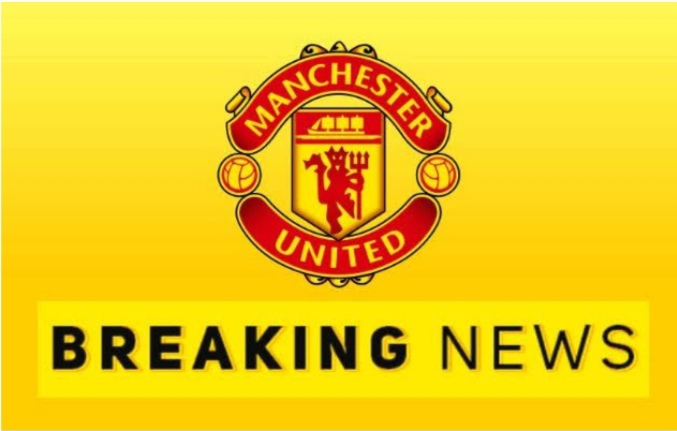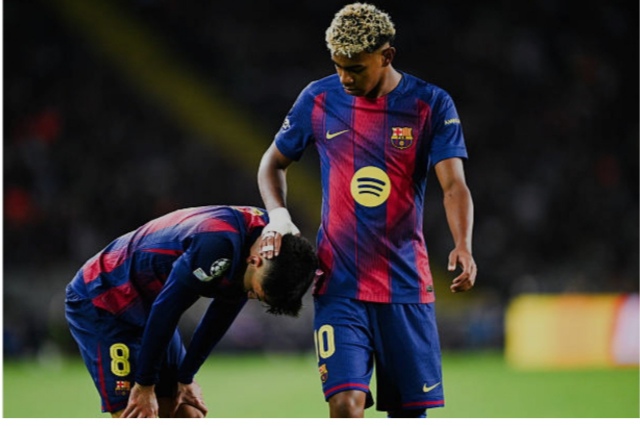The fact that Manchester City have just three points from their first three league games this season barely registers in the media. No one is calling for Pep Guardiola to be sacked, no one is tearing apart his formations or tactical system. Yet, the moment it’s Manchester United, the scrutiny is immediate, intense, and relentless.
Even Tottenham lost to Bournemouth with just one shot all game, but no one questioned Antonio Conte’s tactics or tore into his management style. In contrast, whenever Ruben Amorim’s United slip up, the criticism never stops. Win, draw, or lose, the narrative is persistently negative.
Building a Team Takes Time
What many critics forget is simple: Amorim is still building his team. His ideology is his identity, and implementing a new system, style, and culture takes time. Football isn’t just about instant results—it’s about instilling a way of playing that players internalize and execute consistently.
Even Pep Guardiola, one of the game’s most respected managers, experienced shaky starts and poor spells at City. Yet, fans stood by him, knowing that his philosophy required patience. Why, then, can’t United fans extend the same courtesy to Amorim?
Double Standards in Football
The inconsistency of criticism across clubs is stark:
- Arsenal lost 1–0 to Liverpool, yet Arteta’s formation and decisions weren’t questioned.
- Manchester United drop points, and the media immediately debates starting lineups, back-three versus back-four, or whether a young player should have been included.
The truth is that systems don’t always define results. Sometimes, a team is simply beaten, no matter how well-prepared or tactically disciplined. Football is unpredictable, and early-season struggles are common—even for elite teams.
Assessing United’s Early Season
Manchester United have played only three games and taken four points. It’s not the dazzling start fans might have hoped for, but it’s far from a disaster. Rather than panicking, supporters should recognize that this is part of the natural growing pains of a new project.
The early results should be viewed as the foundation on which the team will build. Amorim’s approach, emphasizing structure, identity, and long-term philosophy, requires patience before its full impact is visible on the pitch.
Why Patience Matters
Fans’ patience now will be rewarded when the team begins to click. History shows that clubs who rush to judgment during transitional periods often disrupt the natural development of promising projects. Amorim’s methods may appear strict, measured, and at times inflexible, but this is what establishes standards and expectations.
Those who stand firm during the early noise—the pundits who analyze calmly, the supporters who trust the system—will see the results of a well-implemented strategy. This is the difference between a short-term reaction and a long-term vision.
Looking Ahead
United’s start is not spectacular, but it is far from catastrophic. What matters isn’t how the team begins, but how it finishes the season. Amorim’s philosophy, combined with the players’ adaptation and development, promises a side capable of competing at the highest level.
If fans maintain patience, the story of this era will not be about early setbacks—it will be about the team that evolved under a clear-headed, disciplined coach, and the supporters who trusted the process.
Final Thoughts
Ruben Amorim represents a clear-headed, patient approach to football management—a style that requires trust from both players and fans. While early results are scrutinized, those who recognize the bigger picture will appreciate the long-term potential of this project.
Manchester United supporters don’t need panic right now—they need patience. Because when this project clicks, it will be clear who remained calm, who trusted the system, and who truly understood the philosophy Amorim is instilling at Old Trafford.






